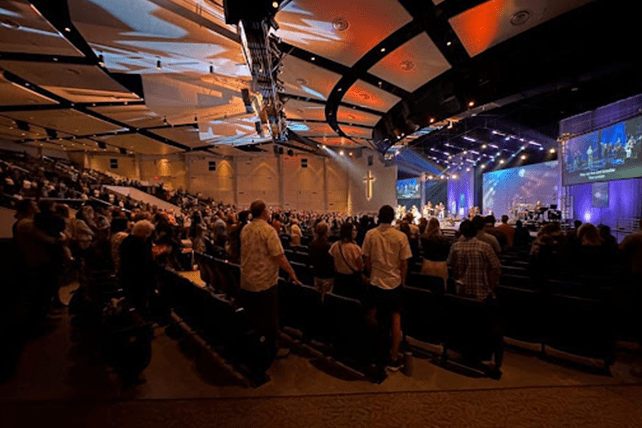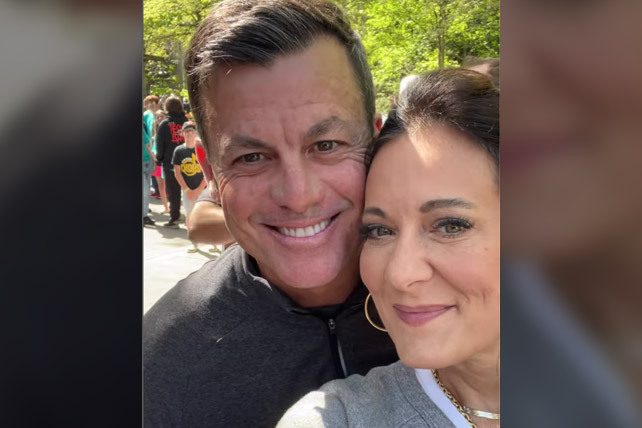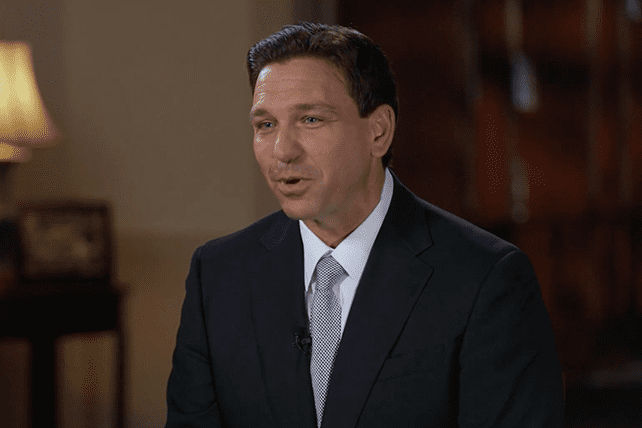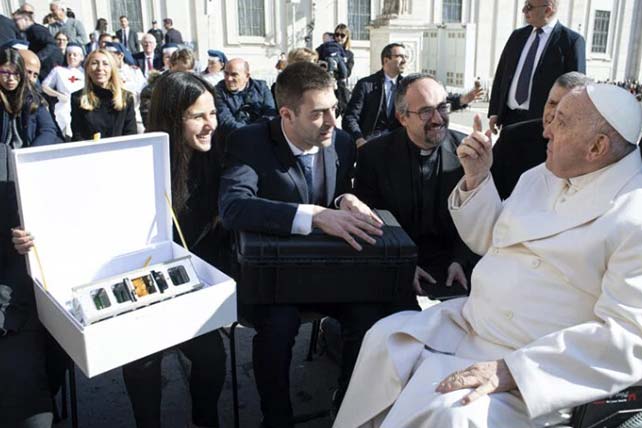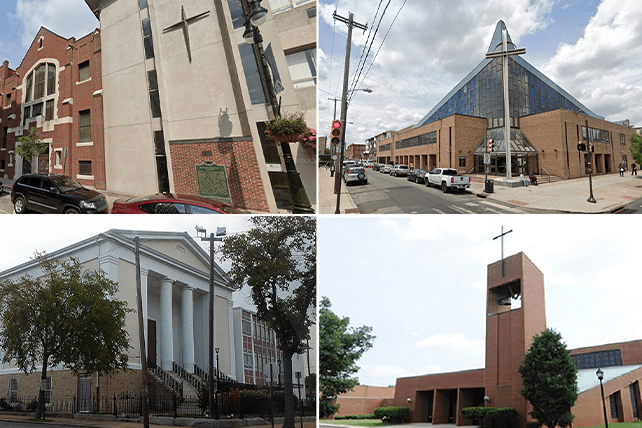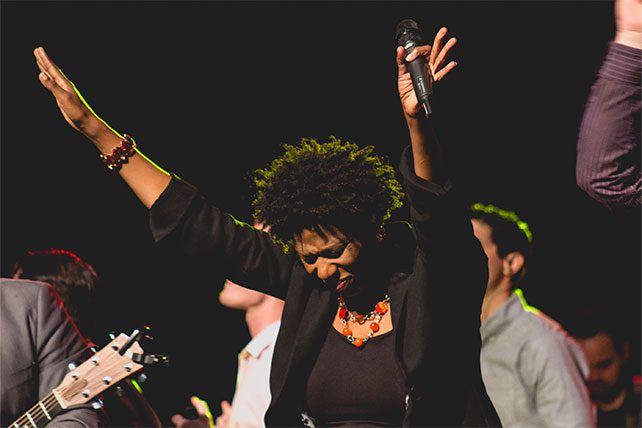What would you do with $100,000? What would your kids do?
Baylor Bonham is a remarkable 11-year-old boy I read about this week. Despite his young age, this young man has a large heart. In 2011, he earned $27,000 at a national stock show. When asked what he was going to do with his winnings, Baylor said he was going to set some aside for college and give part of it to the children’s ministry at his church in Newcastle, Okla. His parents, who hadn’t told him what to say, were moved to tears by his willingness to give back.
In January of this year, Baylor’s hard work paid off again when another one of his steers earned him an astonishing $106,000 at the stock show. Once again, Baylor showed he had a heart for giving when he said he planned on tithing on his winnings to his church. In fact, his parents said he would give it all away if they let him.
What an amazing kid! To have giving back to his church be one of the first things that popped into Baylor’s mind after winning that much money tells me he is wise beyond his years. I think a lot of kids have giving hearts, and we should give them an opportunity to give not only their money but also their time and talents. Group’s Sunday school curriculum KidsOwn Worship gives kids a chance each week to give an offering to God. For those of you who give your kids a time for giving at your church, I want to share some creative ways to collect offering at church.
7 Creative Church Offering Ideas
-
Church Offering Idea
Say: One way to thank God for meeting our needs is to let him use us to meet the needs of others. We should look for ways to care for others as God cares for us. (Give each person a small envelope and a pencil.)
Ask: Why does God want to use us to meet needs? (Because we are Christians; because we are supposed to be a light to others.) How can we help meet the needs of others? (Give some of our things to charity; listen to a friend who is sad; share with others.) How does giving our offerings show God we’re thankful he meets our needs? (We are giving back to God; we are giving our extra money to help others.)
Say: On your envelope, list specific ways God has met your needs, or draw a picture of how God takes care of you. Then, if you brought an offering, place it in the envelope and seal it. As you put your envelopes in the bowl, thank God for meeting your needs.
Pass the offering bowl, and have children put their envelopes in it.
2. Church Offering Idea
Say: Today we’ve been talking about responding to God in worship. Our offering is also a way to worship God and to thank him. Second Corinthians 9:7 says, “God loves a cheerful giver.” Let’s give our offerings joyfully today. But before we bring our offerings, think of the one thing you love most about God. Praise God for that thing when the offering bowl comes to you.
Pass the offering bowls.
3. Church Offering Idea
Give each child a tissue. Have children tear the tissues into heart shapes. Tissues generally come in two-ply thicknesses. Have the children separate the layers of the tissues so they have a heart shape that’s only one ply thick.
Say: See how easily we can see through these hearts? The Bible tells us God sees inside our hearts. He knows what we’re thinking and feeling. He knows when we’re worshipping him with sincere hearts. And he knows when we’re just going through the motions. God has done so much for us, and he deserves our honest, sincere worship. As we take the offering this morning, talk to God. Think about promising God you’ll worship him with a sincere heart. If you’re ready, you can make that promise to God.
Take the offering. Have the children take their hearts home as reminders to worship God with sincere hearts.
4. Church Offering Idea
(This one is used with a lesson on the fruit of the spirit.)
Pass out small pieces of construction paper and pencils or markers to the kids.
Say: We’ve learned a lot today about God’s Spirit living in us. We learned when his Spirit lives in us, we become his children. We learned he wants us to grow to be like him. Think about the fruit of his Spirit that we talked about today. Which one do you need more of?
Take the paper I gave you and tear it into the shape of a fruit, such as a banana or an orange. Then write one word or draw a picture that represents what you want God’s Spirit to help you with. When the offering bowl comes to you, put your piece of fruit in the bowl along with money if you brought some. Ask God to help you grow this week in that area.
Give kids a few minutes to make their fruit. Then take the offering.
5. Church Offering Idea
Say: As Christians, we know everything we have really belongs to Jesus, our Lord. When we give a portion of what we have back to Jesus, we’re telling him we understand it all belongs to him. We’re telling him we’ll let him be in charge of what we do and how we spend what we have. Let’s give our gifts to Jesus. If you didn’t bring money for the offering, you can still tell Jesus he’s Lord of your life. When the offering bowl comes to you, you can pretend to put in your life as an offering to Jesus.
Take the offering.
6. Church Offering Idea
Hand each child a slip of paper and something to write with.
Say: Today as we take our offering, I want you to write the name of one person who has not been kind to you on your piece of paper. As the offering bowl comes by you, put the piece of paper in it, and ask God to help you love that person and treat him or her in a way that would honor God. Remember—as you show God’s love to that person, you are worshipping God in your everyday life. If you can’t think of a name to put on your paper, write the name of a friend who might need God’s help in a hard situation. If you have an offering today, put that in the bowl also.
Choose several children to help collect the offering. Encourage older children to assist younger children with the writing if necessary.
7. Church Offering Idea
Direct the children to sit in a circle on the floor.
Say: Let’s celebrate God’s love and care with a balloon offering! First we’re going to worship God by giving to him. God has given us so much. Let’s thank him with our gifts of money. Pass around the offering bowls.
Pray: Dear God, please accept these gifts. We know you can do all things, including taking away our fears. In Jesus’ name, amen.
Pass around uninflated balloons, and have each child take one. Distribute permanent markers, and have the children carefully write their names on the balloons. Make sure older children help any younger children who need help writing their names.
Direct the children to blow up their balloons and hold on to the ends tightly. Have older children blow up balloons for younger children. Explain that, all together, children will thank God for releasing them from fear and will then release their balloons. Lead the children in thanking God for releasing them from fear, and let children release their balloons.
***
Many of these ask kids to make an offering of something besides money. That’s important. Some kids don’t have money to bring and shouldn’t feel left out and like they are not able to give to God. Give kids notecards and allow them to write down something they can give to God besides money, like volunteering their time or making a pledge to show love to someone who needs it. This way everyone can be involved, and kids learn that giving to God involves their whole life, not just their money.






